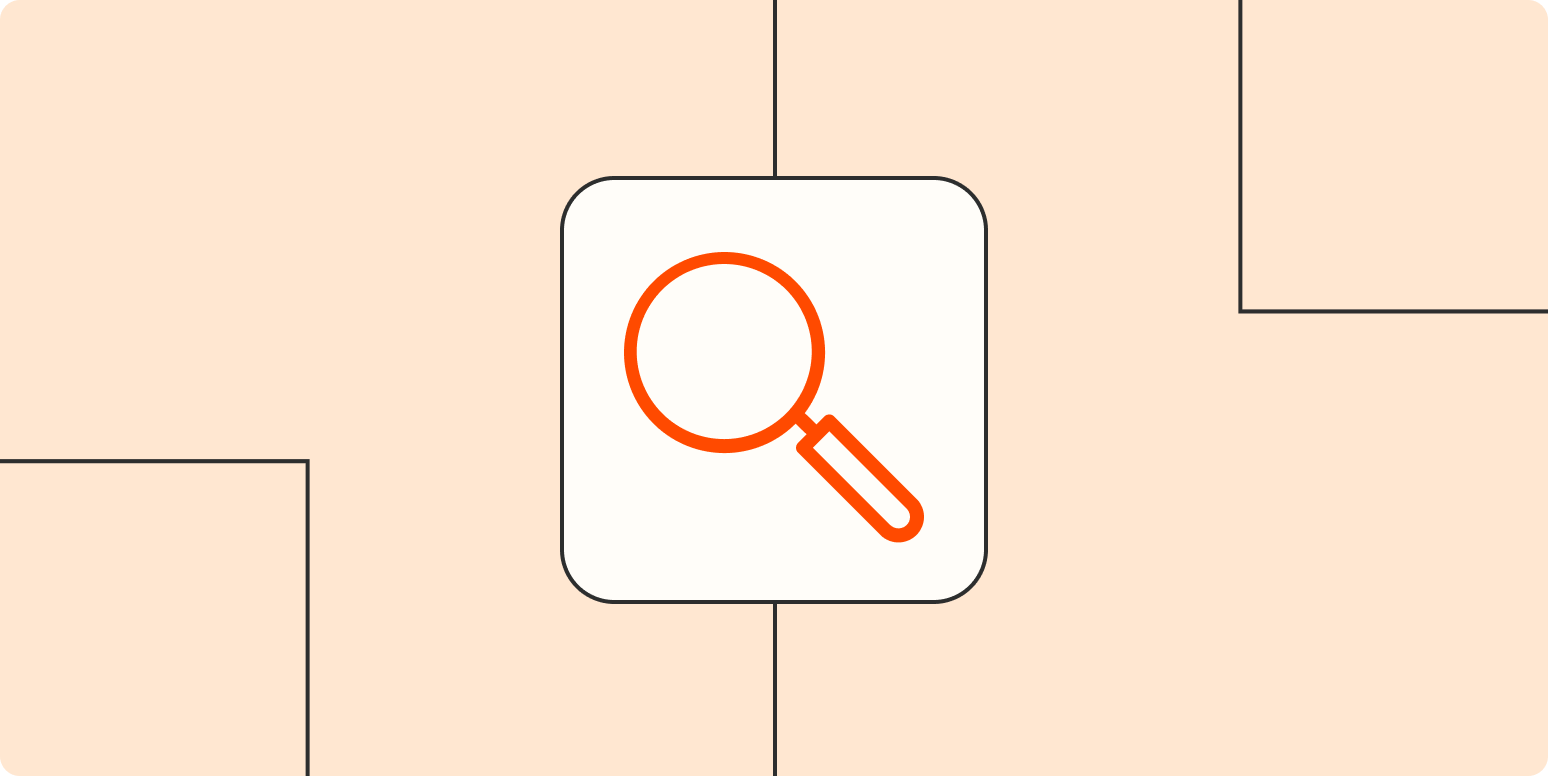What is SEO?
SEO stands for Search Engine Optimization, a set of techniques and actions for adjusting and improving web pages so they rank higher in Google’s SERP.
When we talk about SEO as a work demand, we talk about this set of recurring actions to attract traffic.
For example, if you want more people founding your company’s blog post, that content needs to be optimized for the web.
In this context, it is essential to focus on fundamental SEO parameters, such as:
use of text heading.
use of keywords.
good link building.
scannability in paragraphs.
friendly URLs.
These adjustments and optimizations extend to various other parts of the site and web pages.
The intention with this work is only one: to adapt content and pages to the standards considered by Google’s algorithms.
If you want your site, or specific pages, to be in the top results of Google’s SERP, you need to think about SEO.
These optimizations will ensure that people will see your site first, rather than your competitors’.
SEO also focuses on organic traffic
When marketing teams work on SEO optimizations, there is also the goal of securing organic traffic, which means bringing people to your site without investing money.
None of the optimizations you perform in an SEO routine are paid.
They are just technical and semantic adjustments that will make pages and content better adapted to what Google requires from sites.
If your pages are adequate to the basic concepts of SEO, Google will tend to rank your site better.
This work will generate more visibility for the company, making more people aware of the brand and visiting the site.
If done with consistency and dedication, gradual and organic work will result in good traffic without costing money.
What is PPC?
PPC stands for Pay Per Click, which is exactly how the strategy works.
You need to pay for your site to appear prominently in Google’s display network.
.png)
Thus, every time someone searches using a term you registered as a keyword in your campaign, the SERP will show your content.
In this strategy, instead of working on adjustments that will give more notoriety to your site, you simply pay to gain that prominence in the SERP.
You must create PPC campaigns on Google Ads, a fundamental tool for registering the keywords that connect your site with interested people.
Every time a user clicks on your ad link, Google charges you.
In your Google Ads campaign, you will set a budget, and your ad will repeatedly appear as long as there is a budget available.
No money, no traffic
PPC ads appear in the SERP results before all other organic results. After all, you are paying for this prominence.
Therefore, as long as your campaign has a budget available, your links will boost and appear immediately to anyone who searches using the keywords you have chosen.
In PPC campaigns, you need to define how long these campaigns will run and how much of your budget they will consume.
After all, What is the Best Strategy for Digital Marketing: SEO or PPC?
Deciding on a choice in the SEO vs PPC comparison is not simple.
The situation becomes worse when people don’t understand that these strategies actually complement each other.
Just like any other Digital Marketing Strategy, SEO and PPC have their pros and cons.
Knowing how to analyze these factors gives Marketing teams the ability to invest their budget better and dedicate efforts strategically.
Below you’ll find what you need to know about the pros and cons of these two techniques in more detail.
➤ SEO pros
SEO is a day one effort, and an action every online company should create.
It is simply indispensable to work on web optimizations even if you also want to invest in PPC.
So, first of all: you can choose PPC, but you can never stop performing SEO adjustments on your web pages.
No matter how much you continuously invest in sponsored links, many more factors will guarantee a well-ranked page.
SEO is what will allow your site to meet the standards that make it a Google-friendly page.
So in this constant SEO work, there are many advantages and other issues that are not so encouraging. Let’s start with the pros:
It’s free
You don’t spend anything when you do SEO optimizations. Most of the work is monitoring results and, when necessary, you make specific adjustments.
When creating content, you only have to work within SEO guidelines and requirements.
Besides that, the SEO ROI is incredibly better.
It’s easy to understand
There is a lot of information available on the Internet about the most important SEO parameters for content and pages.
As much as the algorithms always present updates, the community quickly detects and shares information about these new requirements.
It guarantees visibility and brand awareness
Consistent SEO work could put your pages at the top of the SERP, which guarantees brand awareness.
Brand awareness generates constant traffic, which is crucial for people to stay engaged with your brand.
It provides a better user experience
SEO is also related to the experience within the pages.
Optimizations on the site will lead people to evaluate your company better and, therefore, perform more conversions.
It increases your CTR
Web users click much more on organic links since they trust them more.
In other words, your CTR will be much higher than in PPC strategies.
➤ SEO cons
Now, as for SEO cons:
It’s unpredictable
The constant changes and updates of Google’s algorithm ranking parameters make the work more tiring and can suddenly cause your pages to lose positions.
Everyone else is doing it
All your competitors are doing SEO, so the competitiveness is high and requires daily work and overcoming.
It won’t show results fast
SEO is an organic strategy and detecting results is something that takes time.
Sometimes it will take you a few months to see your pages ranking well in the SERP.
It’s not just up to you
It is important to get domain authority to rank better and better.
This work requires strategies such as guest posts and getting blacklinks, which also needs effort.
➤ PPC pros
Invest and get faster results?
This is an ideal situation, and that’s why companies continually invest in PPC.
It is undeniable the importance of making budgets available for paid campaigns, especially with increasing competition.

Therefore, we also need to point out the pros and cons of this strategy. Here are the pros of PPC:
It’s a simple process
As long as you are investing, searches will trigger your keywords and your sponsored links will be at the top of Google’s SERP.
It deals with practically instantaneous results
The more clicks your links receive, the better they will be rated by Google.
These results will mean more impressions, and Google will score your campaigns better.
It gives you control over things
You can control your available budget for the campaigns the way you want, including setting how long the ads will run.
Besides that, the PPC segmentation is very good and ensures you only attract qualified clicks and traffic.
It’s great for e-commerce
You can make ads in Google Shopping showing your products with images and with direct links to your e-commerce.
➤ PPC cons
Here are the cons of PPC:
It could be expensive
The investment is ongoing, and this will require quite a bit of money.
Ads could repel people
Not every user clicks on ads. Many prefer organic links.
It doesn’t exactly produce lasting effects
You can get concrete results only with SEO.
PPC is not that effective in the long run if there are no SEO optimizations.












Replies to This Discussion